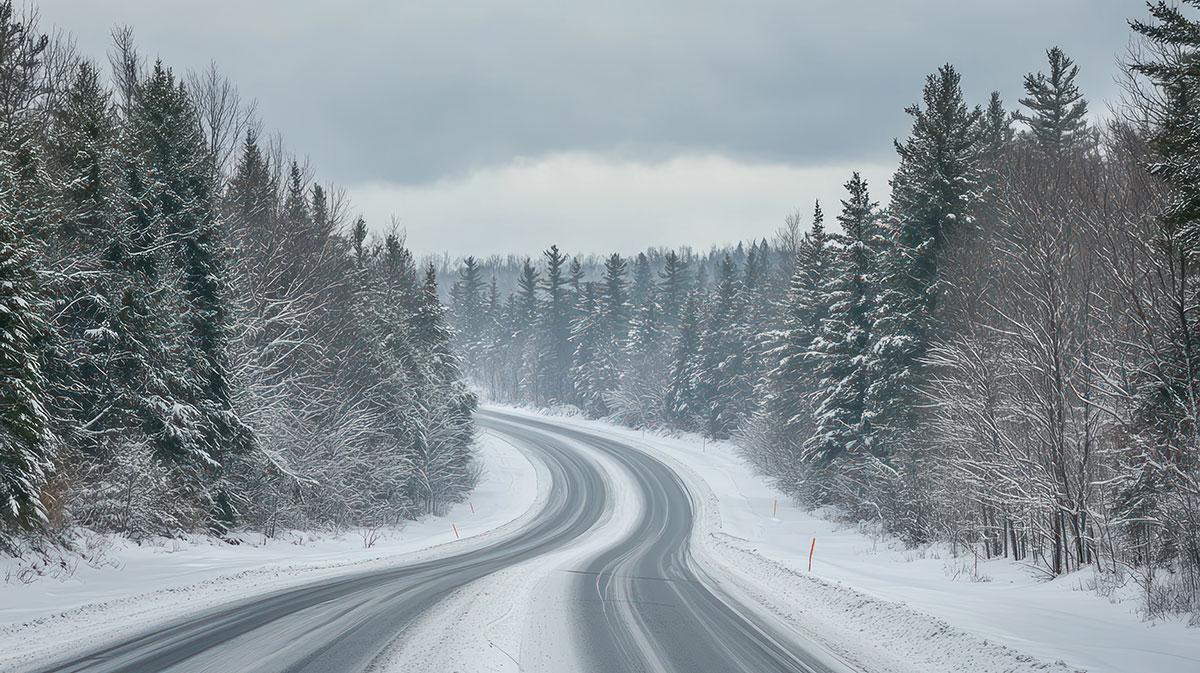The Northern Calling
Working in Canada’s North is a unique experience. For over two decades, I’ve been building and maintaining ice roads, constructing winter highways, and ensuring that remote communities have access to essential supplies. These frozen routes are lifelines, connecting towns, mines, and energy projects to the outside world. Life in the field is not just a job—it’s an adventure, a challenge, and a responsibility.
Every season brings new stories. From the early planning stages to the final truck crossing, the work is both physically demanding and mentally stimulating. The environment is beautiful, harsh, and unpredictable, and it shapes everything we do.
The Early Mornings
Days in the field often start before sunrise. Temperatures can plunge well below minus 30 degrees Celsius, and the cold is not just uncomfortable—it’s dangerous if you’re unprepared. Checking ice thickness, monitoring weather conditions, and inspecting equipment are daily tasks that require vigilance and precision. One mistake can have serious consequences, so safety is always the top priority.
I remember one early winter morning when we discovered a section of ice that had thawed faster than predicted. Trucks were scheduled to pass within hours. By quickly rerouting vehicles and reinforcing the ice, we avoided a potential disaster. Moments like these highlight the importance of experience, teamwork, and staying alert.
Teamwork and Camaraderie
Fieldwork is never done alone. Ice road construction relies on a team of engineers, surveyors, heavy equipment operators, and support staff. Living and working together in remote locations for weeks at a time builds a unique camaraderie. We rely on each other not just for technical tasks but also for morale, safety, and problem-solving.
I’ve seen crews bond over long days of ice maintenance, sharing stories, meals, and laughs even in the coldest conditions. That sense of teamwork is what allows us to accomplish projects that would be impossible individually. Every person on the crew plays a critical role, from monitoring ice thickness to preparing fuel for generators.
Lessons from the Land
The North teaches lessons that go beyond engineering. Weather, terrain, and wildlife all influence the way we work. Northern lights dancing across the sky, frozen rivers stretching for miles, and the quiet beauty of untouched forests are daily reminders of the environment we’re responsible for.
At the same time, Indigenous knowledge is invaluable. Elders and local guides teach us about ice behavior, seasonal changes, and safe travel practices. Their guidance helps us make informed decisions that protect both people and the land. Integrating traditional knowledge with modern engineering practices is one of the most rewarding aspects of working in the field.
Challenges on the Road
Life on remote winter highways is not without challenges. Temperatures fluctuate, storms appear suddenly, and ice conditions can change overnight. Equipment breaks down, supplies run low, and communication with the outside world can be limited. Each season requires flexibility, creativity, and resilience.
I recall a year when a sudden thaw forced us to move hundreds of truckloads of fuel and supplies before the ice weakened further. It was exhausting, stressful, and demanding, but the sense of accomplishment after completing the operation safely was incredible. Moments like these define what it means to work in the North.
Stories of Connection
Perhaps the most meaningful part of life in the field is the connection to the communities we serve. Ice roads are not just highways; they are lifelines for families who rely on us to deliver food, medical supplies, and fuel. Seeing trucks arrive safely, knowing that children have warm homes and elders have access to essential care, is deeply fulfilling.
On one trip, a local school principal shared how the delivery of winter supplies allowed the school to continue operating without interruption. Small gestures like this remind me why our work matters beyond engineering—it has a real impact on people’s lives.
Technology and Innovation in the Field
Fieldwork is increasingly supported by technology. Ground-penetrating radar, satellite imagery, and real-time climate monitoring help us track ice conditions and plan routes safely. These tools enhance decision-making but cannot replace experience or intuition. The combination of human judgment and technology ensures that our roads remain safe and functional throughout the season.
Innovation also allows us to respond more quickly to unexpected challenges. When ice thins or weather turns, we can adapt routes, reinforce sections, and keep supply chains moving. Technology is a powerful partner, but the human element—teamwork, observation, and quick thinking—remains essential.
Reflections on Life in the Field
Life in the field is demanding, but it is also deeply rewarding. The North challenges you physically and mentally, teaches patience and adaptability, and provides an appreciation for teamwork and community. Every season brings lessons, stories, and experiences that stay with you long after the ice melts.
For me, the work is about more than engineering. It’s about connecting people, protecting communities, and respecting the land. It’s about passing knowledge to younger engineers, integrating traditional wisdom, and ensuring that remote towns can thrive despite harsh conditions.
Looking Forward
As climate change impacts ice stability and winter road seasons become less predictable, fieldwork will continue to evolve. Engineers and crews must adapt, innovate, and collaborate like never before. Despite the challenges, life in the field remains a calling, offering unique experiences, lessons, and stories that can only be found in Canada’s remote winter highways.
Working in the North is a privilege. It requires skill, resilience, and respect for nature, but it rewards you with unparalleled experiences, lifelong friendships, and the satisfaction of knowing that your work makes a real difference. Life in the field is demanding, yes, but it is also one of the most meaningful careers an engineer can pursue.
